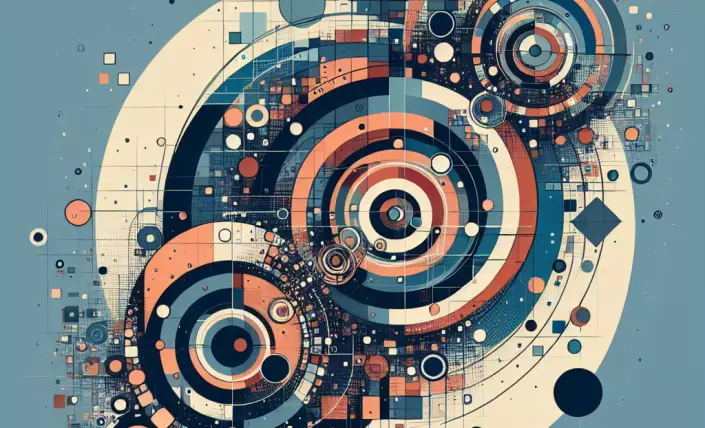The notion of progress has become an almost untouchable tenet in contemporary discourse. We are bombarded with the idea that newer is invariably better, that technological advancements and social reforms will lead us inexorably to a brighter future. Yet, beneath this veneer of optimism lies a more complex reality, one that Roger Scruton, a profound thinker of our time, urges us to consider. Scruton challenges us to question whether the relentless pursuit of progress truly brings us closer to the essence of human fulfillment, or if it merely blinds us to the deeper needs of the human spirit.
At the heart of Scruton's philosophy is a reverence for tradition and a skepticism of the unchecked march of modernity. He posits that human beings are not merely rational actors in search of material satisfaction but are creatures of culture, history, and spiritual yearning. In our quest for progress, we often dismiss the accumulated wisdom of previous generations, discarding the traditions and institutions that have long provided meaning and continuity in human life. Scruton warns that this dismissal is not without consequence; it risks leaving us unmoored, adrift in a sea of relativism where nothing is sacred, and everything is subject to change.
Consider the impact of technology on our lives. While it has undoubtedly improved our standard of living, it has also introduced a host of new challenges. The digital age has ushered in unprecedented levels of connectivity, yet it has simultaneously fostered a sense of isolation and disconnection. Social media, for all its benefits, often exacerbates feelings of inadequacy and alienation. Scruton invites us to reflect on how these technological changes affect our sense of self and our relationships with others. Are we truly more connected, or have we sacrificed depth and authenticity for the illusion of constant connectivity?
Scruton also examines the impact of modernity on our understanding of community and belonging. In a world that prizes individual autonomy above all else, the traditional bonds that once held communities together are increasingly weakened. The emphasis on personal freedom can lead to a fragmentation of the social fabric, leaving individuals without the support and solidarity that come from a shared sense of purpose and identity. Scruton argues that genuine human fulfillment is found not in the pursuit of individual desires but in the cultivation of meaningful relationships and a commitment to something greater than oneself.
Moreover, Scruton's critique extends to the realm of aesthetics. He laments the decline of beauty as a guiding principle in art and architecture, replaced by a focus on utility and novelty. Beauty, for Scruton, is not a mere luxury but an essential component of a life well-lived. It connects us to the transcendent, offering solace and inspiration in a world that can often seem harsh and unforgiving. In neglecting the pursuit of beauty, we risk losing a vital source of joy and consolation.
Ultimately, Scruton's reflections on progress challenge us to reconsider what it means to live a good and meaningful life. He reminds us that while change is inevitable, not all change is progress. We must be discerning in our embrace of modernity, recognizing that some aspects of the past may hold invaluable lessons for the present. By honoring tradition, fostering community, and cherishing beauty, we can navigate the complexities of the modern world without losing sight of what makes life truly worth living.










